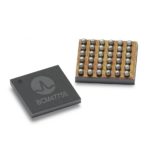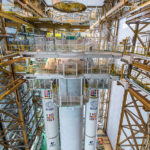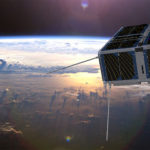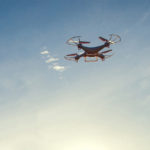
Broadcom, a designer, developer and global supplier of a broad range of digital and analog semiconductor connectivity solutions, recently announced the world’s first mass-market, dual-frequency GNSS receiver device, the BCM47755, designed to enhance LBS applications for mobile phones, tablets and fitness wearables. Equipped with the latest GNSS innovations, the device is capable of centimeter accuracy with minimal power consumption and footprint, enabling an entirely new suite of high-precision LBS applications including lane-level vehicle navigation and mobile augmented reality (AR). Read more…






